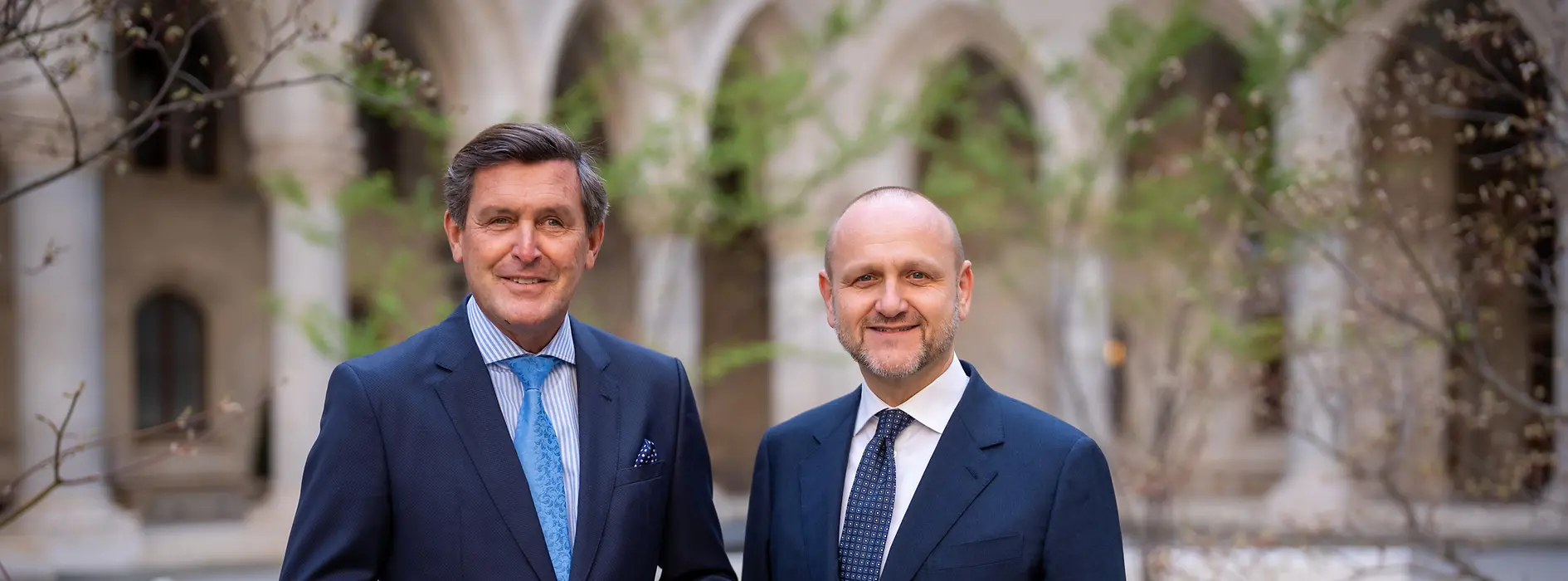Second-Best Year for Tourism Brings New Overnight Revenue Record
Vienna's Visitor Economy has made a remarkable turnaround – with an impressive momentum that could not be envisaged when the year got under way. The capital recorded 7.4 million arrivals and 17.3 million overnight stays in 2023. At just 2% below the previous record set in 2019, the number of overnight stays was already above the pre-pandemic figure for 2018, meaning that Vienna's Visitor Economy achieved its second-best bednight tally of all time.
But much more important than the number of overnight stays is the revenue generated by accommodation providers – which grew at a rate one-fifth higher than the number of stays in 2023. The statistics show that revenue had already surpassed the all-time high from 2019 by the end of November 2023, and breached the EUR 1 billion mark for the second time ever. The fact that revenue exceeded the figure for 2019 by such a large margin also came as a result of soaring inflation which was – in Europe as in Austria – far too high in 2023. Even so, the robust growth in revenue clearly shows that Vienna's unwavering commitment to quality tourism, the city’s appeal to a culturally aware and affluent audience, and its global positioning as a meeting destination all contributed significantly to this positive development.
Around 82% of overnight stays in 2023 were accounted for by international visitors – a clear demonstration that the capital’s tourism industry has reestablished its pre-pandemic international profile. While the lion’s share of tourists came from elsewhere in Europe, the year was also characterized by the return of key long-haul markets: the US, which is Vienna's strongest overseas market, set a new record with over one million overnight stays. The picture for Asia, by contrast, was more varied, with notable growth from Arab countries – above all from Saudi Arabia and the United Arab Emirates, which also surpassed 2019 levels thanks to outstanding flight connections. Though still shy of pre-pandemic levels by almost a quarter, South Korea achieved the highest results of any of the countries in the Far East. China and Japan developed below their potential due to multiple factors, including the reduced availability of direct flights and staff turnover within the travel industry owing to the pandemic. Meanwhile, a mixed economic situation and its resulting impact on consumer behavior, especially in China (previously Vienna's second-strongest long-distance market) delayed the recovery, despite the lifting of travel restrictions. Given these changed market conditions, we restructured our marketing strategy in China: before the pandemic, activities had been aimed at the independent, non-group travel segment, but have since been realigned to exclusively reach out to Chinese luxury travelers.
Our goal is to create value and jobs in Vienna's Visitor Economy. We want to spread the economic benefits of tourism throughout the city and keep the already outstanding acceptance of tourism among the city's residents (nine out of ten respondents are in favor of tourism in the city) at the highest possible level. At the same time, it is also crucial to minimize environmental impact, and a great deal of progress has been made in this area: Vienna's hospitality sector has responded to growing demand for climate-friendly options with a series of measures, such as awarding environmental certification to 68 accommodation providers. Vienna is home to just under a fifth (18%) of all Ecolabel-certified accommodations, as well as a good third (around 34%) of all correspondingly certified beds in Austria. By the end of 2023, Vienna's tourism industry had a total of 160 businesses that were certified with the Austrian Ecolabel (“Österreichisches Umweltzeichen”) or a comparable international ecolabel – including 16 museums.
The underlying conditions for Vienna's Visitor Economy have shifted dramatically in a matter of just a few years. A look at the development of Viennese city tourism and its stakeholders reveals that the industry has become more flexible, creative and sustainable – and more resilient as a result. Always at their side, the Vienna Tourist Board and the City of Vienna have consistently supported this evolution with numerous initiatives that are designed to help tourism businesses grow sustainably while enhancing the destination in the interests of the people who call the city home. This annual report provides an overview of these key activities.
We wish you an enjoyable read and every success in 2024!
|
|


